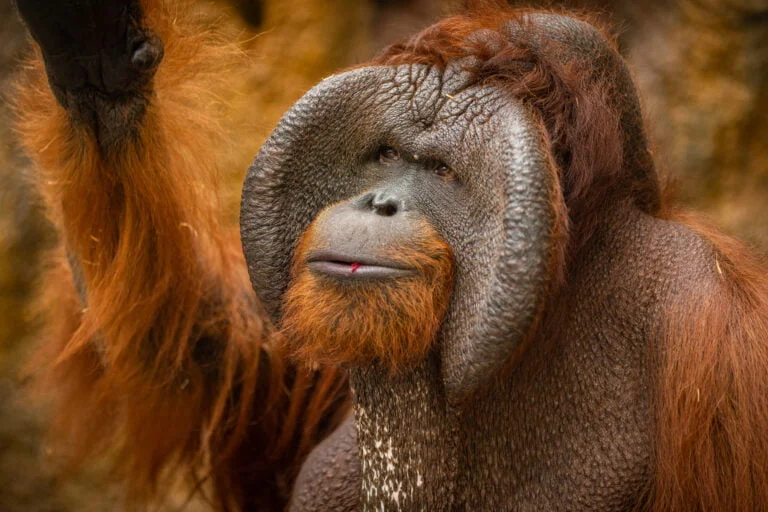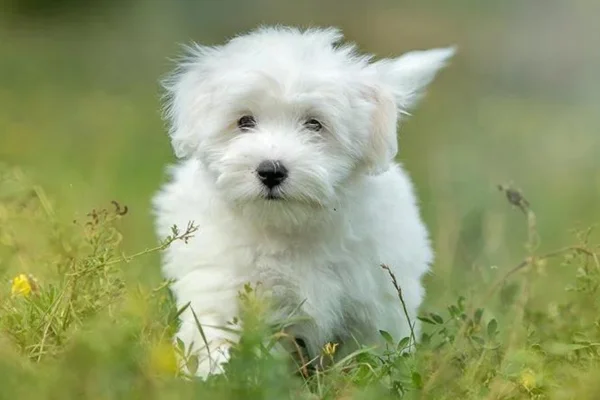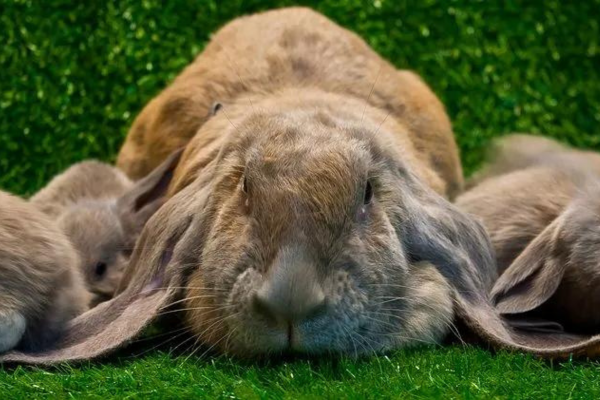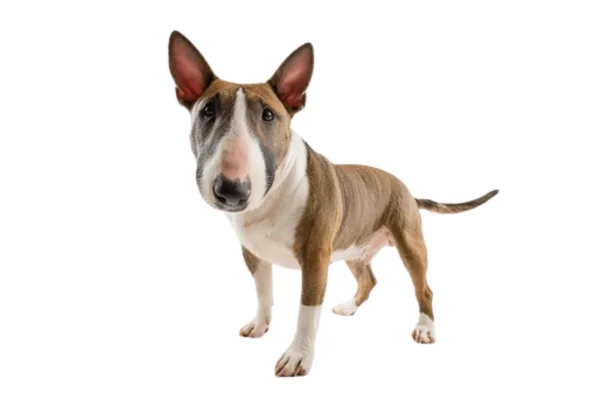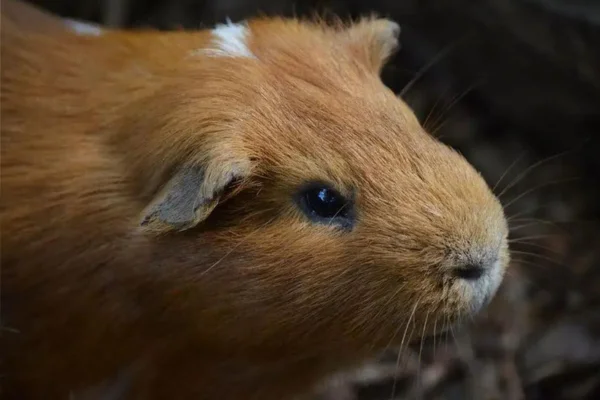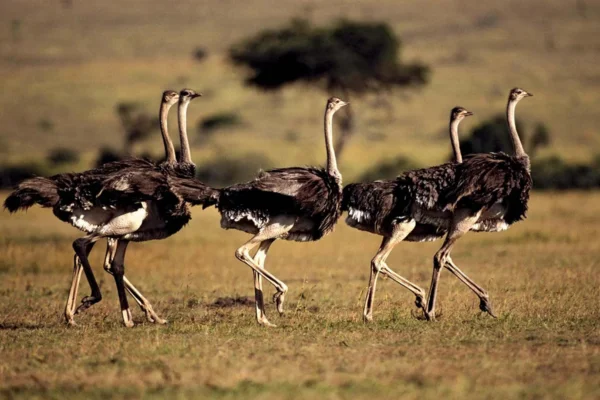Borneo Orangutan
The Struggle for Survival of a Magnificent Species
The heart of the island of Borneo is home to one of the world's most special and emotionally captivating creatures: the Borneo Orangutan. With their deep, expressive gaze, they are a symbol of wild nature and indescribable beauty. However, behind this enchanting aura lies a sad reality. Imminent extinction threatens Borneo's Orangutans, demanding our attention and immediate action. In this article, we will embark on an emotional journey through the lives of these incredible primates and explore the challenges they face.
The Beauty of Borneo's Habitat
The island of Borneo is an exuberant paradise, covered in lush tropical forests that are home to incredible biodiversity. These forests are home to the Borneo Orangutans, a unique species that has evolved to adapt to this magical environment. With their robust bodies, long arms and reddish hair, Borneo's Orangutans are truly magnificent.
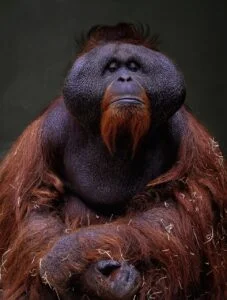
The Threat of Extinction
Unfortunately, the Borneo Orangutan population is in rapid decline, and extinction is drawing ever closer. Habitat destruction due to deforestation is the main cause of this alarming decline. Borneo's forests are being cut down to make way for palm oil plantations and illegal logging. This loss of habitat leaves Borneo's Orangutans without shelter and without access to the resources they need to survive.
Contents
In addition, the poaching and illegal trade of Orangutans are cruel and devastating practices. Cubs are torn from their mothers and sold as exotic pets, while adults are targeted by wildlife traffickers. These inhumane activities accelerate the decline of Borneo's Orangutan population and cause profound suffering to these sentient beings.
The Importance of Borneo's Orangutans
The survival of Borneo's Orangutans is crucial not only for the species itself, but also for the health of Borneo's ecosystems. These primates play a key role in seed dispersal and ecological balance. Their diet consisting mainly of fruit makes them excellent seed distributors, helping to regenerate forests.
What's more, Borneo Orangutans are close relatives of humans, sharing 97% of our DNA. This genetic similarity reminds us of our responsibility to protect and preserve these fascinating primates.
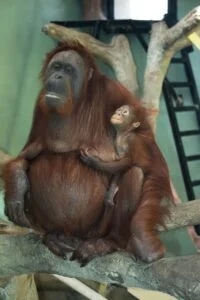
Action for Conservation: Borneo Orangutan
The critical situation of Borneo's Orangutans demands immediate and collective action. Here are some measures we can take to help preserve these precious creatures:
- Combating Deforestation: Support and promote initiatives aimed at protecting Borneo's forests. Reduce your consumption of products related to deforestation, such as palm oil, and choose brands that are committed to sustainability.
- Support Conservation Organizations: Contribute financially or as a volunteer to organizations working to preserve Borneo's Orangutans. These organizations play a key role in research, the rehabilitation of rescued animals and raising public awareness.
- Responsible Choices: Make conscious choices when it comes to tourism. Opt for companies and programs that follow responsible practices, respecting the well-being and preservation of Borneo Orangutans in their natural environment.
- Education and Awareness: Share information about the plight of Borneo's Orangutans with friends, family and on social media. Raising awareness is key to awakening empathy and inspiring action.
A Call to Action | Borneo Orangutan
The clock is ticking for Borneo's Orangutans. Their lives are in danger and extinction is a sad and real possibility. Now is the time to act, to join forces for the preservation of these magnificent beings.
Let's not allow the legacy of the Borneo Orangutans to be just a distant memory. Let's stand up together, in defense of wildlife, in defense of the beauty and diversity that these primates represent.
Every effort counts, every voice matters. Together, we can make a difference. Let's fight for the survival of the Borneo Orangutans, so that future generations can share the planet with these magical beings.
Scientific name: Pongo pygmaeus
Life expectancy: 35 - 45 years (in the wild)
Length: 1.1 m (Male), 54 cm (Female)Weight: 50 - 100 kg (Male, Adult, in the wild), 30 - 50 kg (Female, Adult, in the wild)
If you like our Prompt, please leave a comment.
Thanks for stopping by, check out our other work too
https://vettopbr.com/tosse-em-caes/

